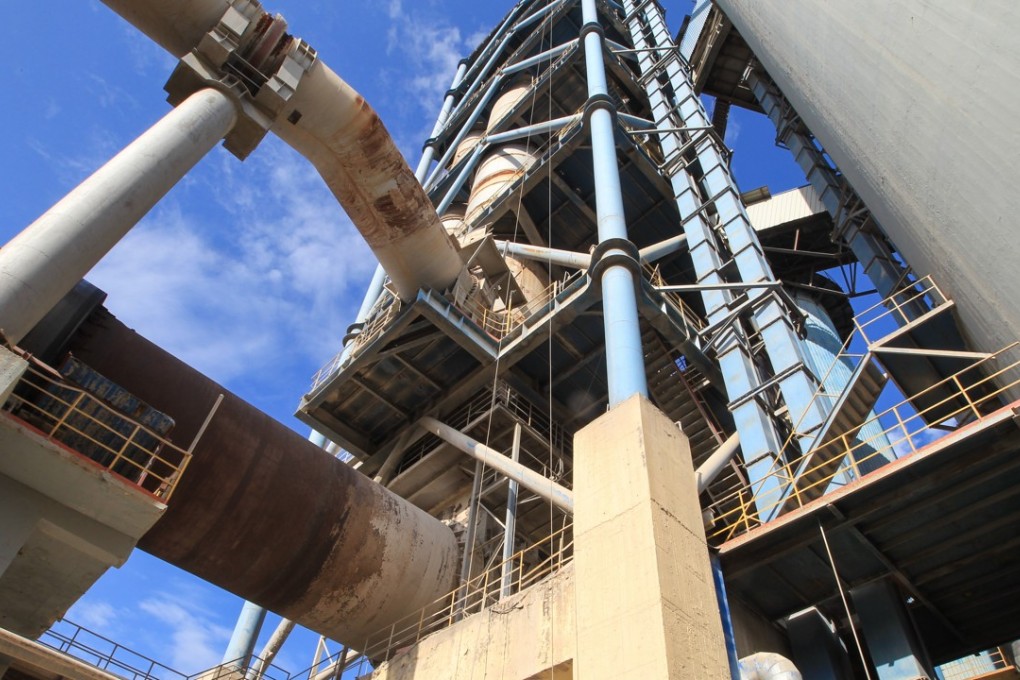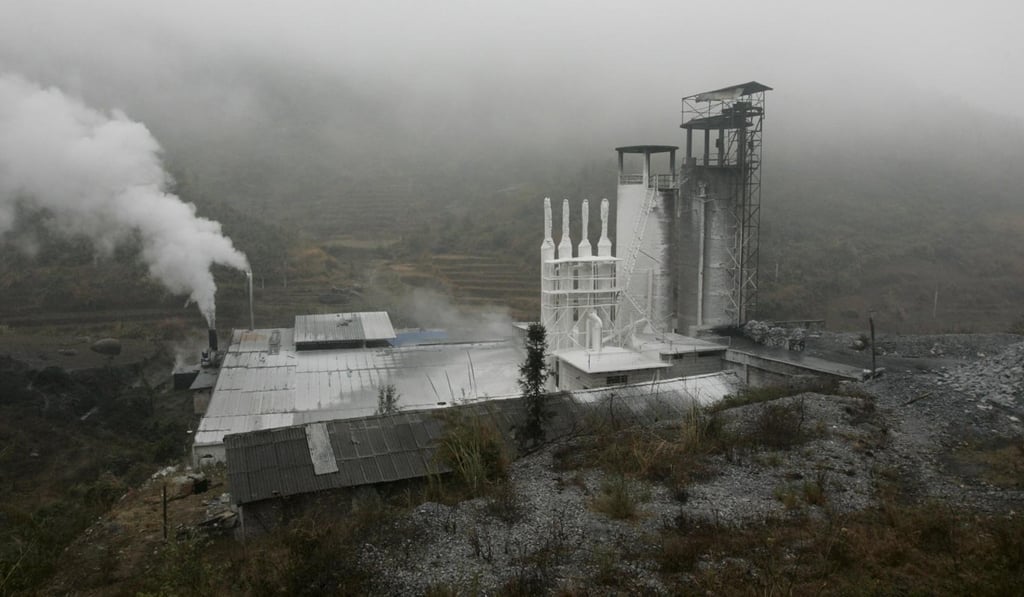Private players feeling squeezed out by Beijing’s support for state companies
Private and foreign players say Beijing’s official support for state and domestic competitors leaves them struggling to survive out in the cold

Zhou Seng calls himself lucky. After weathering an onslaught of government orders to cut excess industrial capacity over the past year, his cement plant in Wuxi in the eastern province of Jiangsu is still up and running.
Zhou said the mid-sized facility his father set up more than a decade ago was unlikely to be shut down by the city government, given the tens of millions of yuan he had spent on equipment upgrades to meet China’s ever-stricter environmental requirements.
But the business’s prospects were still gloomy because the plant risked being gobbled up by a big company as Beijing encouraged large, usually state-owned, enterprises to merge into world-class competitors, he said.

“These past two years have been really hard for me,” Zhou said. “The government has pushed for the cement industry to become more concentrated and all the market resources are tilted towards SOEs.”
The preference for state-owned enterprises is the latest in a long line of industry policies introduced three decades ago, a concept borrowed from Japan.